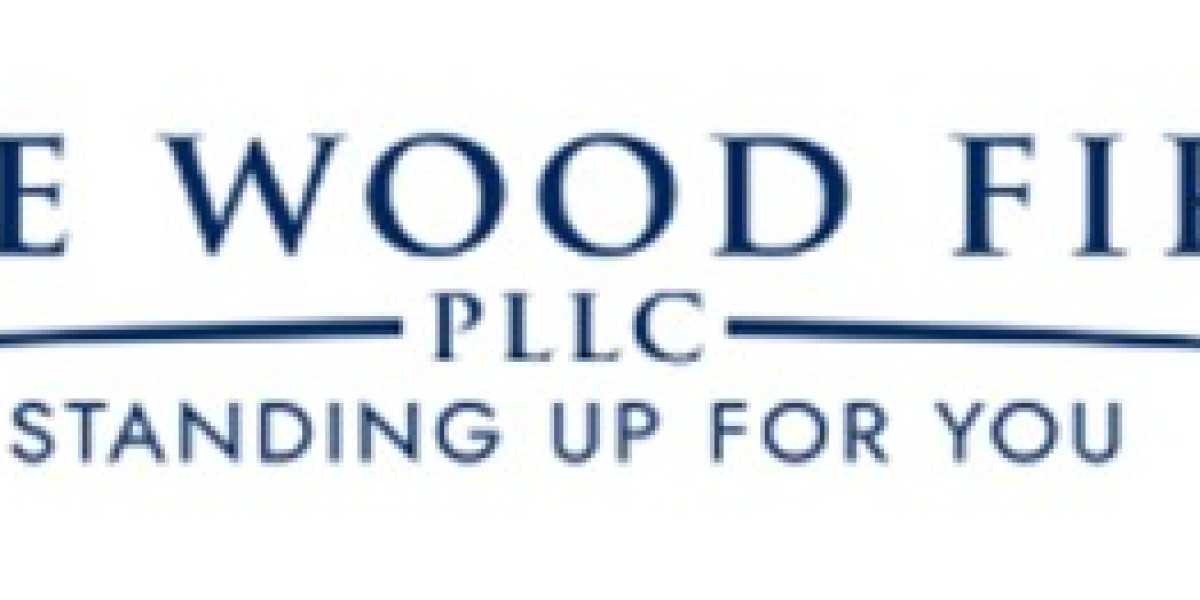Navigating the world of personal finance can be challenging, and falling behind on bills is a stressful situation that millions of Americans face. This stress can be compounded significantly when the phone starts ringing incessantly with calls from unknown numbers, and your mailbox fills with demanding letters. Debt collection is an industry built on persistence, but there is a critical line between persistent pursuit and illegal harassment. Understanding the legal framework designed to protect you is the first and most powerful step in regaining control. If you are experiencing aggressive tactics, it's crucial to know that you have rights, and one of the most important steps you can take is to send a debt validation letter to cease communication. Furthermore, if a specific agency is causing you distress, it may be necessary to look into how to Stop Transworld Systems debt collection harassment specifically.
This article will serve as a comprehensive guide to the Fair Debt Collection Practices Act (FDCPA), the federal law that serves as a consumer's shield against abusive, deceptive, and unfair debt collection practices. We will break down what the FDCPA is, what specific behaviors it prohibits, what rights it grants you, and the practical steps you can take to enforce those rights.
What is the Fair Debt Collection Practices Act (FDCPA)?
Enacted in 1978, the FDCPA is a federal statute that sets clear limits on the conduct of third-party debt collectors. It's important to note that the law primarily governs the actions of agencies collecting debts on behalf of others, not the original creditors themselves (though many states have similar laws that do cover original creditors). The overarching purpose of the FDCPA is to eliminate abusive practices in the collection of consumer debts, to promote fair debt collection, and to provide consumers with an avenue for disputing and obtaining validation of debt information to ensure its accuracy.
The law applies to the collection of personal, family, and household debts, including car loans, mortgages, credit card debt, and medical bills. It does not typically cover debts related to running a business.
Key Provisions: What Debt Collectors Cannot Do
The FDCPA is very specific about the types of behavior that are illegal. Knowing these prohibitions is essential to identifying when a collector has overstepped their bounds.
1. Restrictions on Time and Place of Communication:
Collectors cannot contact you at inconvenient times or places. This is explicitly defined as before 8 a.m. or after 9 p.m. in your local time zone. Furthermore, if you inform a collector that you are not allowed to receive calls at your workplace, they must cease all contact there immediately.
2. Harassment and Abuse are Strictly Forbidden:
The law prohibits any conduct meant to harass, oppress, or abuse you. This includes:
Threats of violence or harm.
Using obscene or profane language.
Repeatedly using the phone with the intent to annoy, abuse, or harass.
Publishing your name on a "list of debtors" (with some exceptions).
Advertising your debt for sale.
3. False, Deceptive, or Misleading Representations:
Debt collectors cannot lie to you or mislead you in any way. This broad category includes:
Falsely representing the amount you owe.
Falsely claiming to be an attorney or government representative.
Threatening you with arrest or jail time (debt collection is a civil matter, not a criminal one, in most cases).
Misrepresenting the legal status of the debt or the consequences of not paying it.
Sending documents that falsely appear to be from a court or government agency.
4. Unfair Practices:
The FDCPA also bans unfair or unconscionable methods to collect a debt. This can include:
Depositing a post-dated check prematurely.
Charging unauthorized interest, fees, or expenses.
Taking or threatening to take your property unless it is legal to do so.
Your Powerful Rights Under the FDCPA
Beyond listing what collectors cannot do, the FDCPA grants you several affirmative rights that empower you to manage the situation.
The Right to Demand Verification and Cease Communication
This is one of your most powerful tools. If a debt collector contacts you for the first time, they are legally required to send you a written "validation notice" within five days. This notice must tell you the amount of the debt, the name of the creditor, and how to dispute the debt if you believe it is not yours.
If you send the collector a written letter disputing the debt or demanding verification within 30 days of receiving this notice, the collector must cease all collection activity until they have mailed you verification of the debt. This is not an admission of guilt; it is simply you exercising your right to ensure the debt is legitimate and the amount is correct. This formal request is known as a debt validation letter.
Even after the 30-day window, you have the right to tell a collector to stop contacting you entirely. By sending a written letter demanding that they cease all communication, they can only contact you to confirm they will stop contacting you or to inform you of a specific action they are taking, like filing a lawsuit. It is highly recommended that you send this letter via certified mail with a return receipt requested so you have proof they received it. Taking this step to send a debt validation letter to cease communication can provide immediate relief from the constant phone calls and letters.
The Right to Dispute the Debt
You have the right to dispute the debt, in whole or in part. If you do so in writing within the 30-day validation period, the collector must stop all efforts to collect until they provide you with evidence of the debt.
What to Do If a Debt Collector Violates the FDCPA
If you believe a collector has violated the law, you have recourse. You can:
File a Complaint: Report the collector to the Consumer Financial Protection Bureau (CFPB) and your state's Attorney General's office.
Sue the Collector: You have the right to sue a debt collection agency in state or federal court within one year of the violation. If you win, you can recover damages for any losses you suffered, plus additional statutory damages up to $1,000, as well as court costs and attorney's fees.
Conclusion: Empowerment Through Knowledge
Dealing with debt is difficult enough without the added pressure of illegal harassment. The Fair Debt Collection Practices Act provides a robust framework for your protection. By understanding what collectors can and cannot do, and by knowing how to exercise your rights to validation and cease communication, you can shift the dynamic from one of fear to one of control. Keep detailed records of all interactions, communicate in writing whenever possible, and do not hesitate to assert the powerful rights granted to you by federal law.








